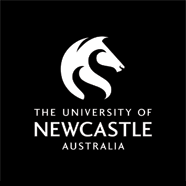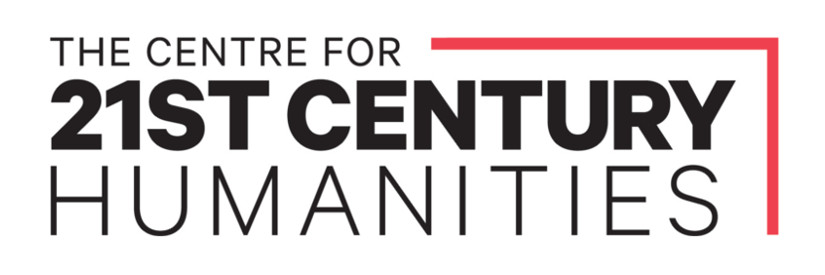| Site Name | Ruby Plains - East Kimberley |
| Aboriginal or Torres Strait Islander Place Name | |
| Language Group, Nation or People | Kitja, Jaru |
| Present State/Territory | WA |
| Colony/State/Territory at the time | WA |
| Police District | East Kimberley |
| Latitude | -18.594 |
| Longitude | 127.641 |
| Date | Between 1 Jan 1890 and 31 Dec 1899 |
| Attack Time | Day |
| Victims | Aboriginal or Torres Strait Islander People |
| Victim Descriptions | Aboriginal |
| Victims Killed | 10 |
| Victims Killed Notes | |
| Attackers | Colonists |
| Attacker Descriptions | |
| Attackers Killed | 0 |
| Attackers Killed Notes | |
| Transport | Horse |
| Motive | Reprisal |
| Weapons Used | Rifle(s) |
| Narrative | Ruby Plains Massacre 1 is a painting by Rover Thomas. "It relates the story of a massacre in which the station owner shot dead several Aboriginal men in retaliation for the killing of a bullock. Some days later, Aboriginal stockmen were drawn to the killing site by crows circling above and found the decapitated heads of the men in a hollow tree trunk. Thomas depicted this on the right of the painting, one of the few figurative elements in any of his works. The stockmen left the station in protest and, without labour, it was forced to close. This incident was part of the pattern of frontier violence in the region, from when settlers arrived in the East Kimberley in the 1880s in pursuit of gold and pastoral land, through to the 1930s. Aboriginal people were denied access to their country, as well as food and water resources. Killing cattle was a strategy to repel the invaders, as well as a food source. Such resistance from Aboriginal people was met with shocking violence, euphemistically described as 'dispersal'. These stories were well known and preserved via oral history among Aboriginal people." (Thomas, 1995). |
| Sources | Thomas, 1985, AWM, https://www.awm.gov.au/collection/C2148046 (Sources PDF) |
| Corroboration Rating | ** |

